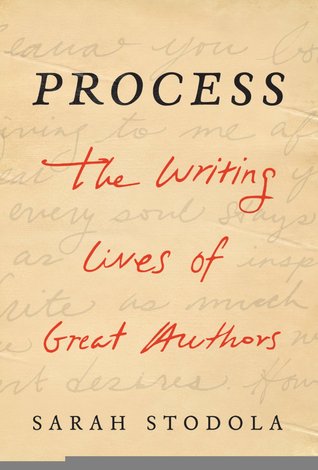More on this book
Community
Kindle Notes & Highlights
Inventing interesting things to write about, and new ways to convey them, is exhausting. It is also rewarding, which is why we do it and why so many people from other walks of life dream of writing a book of their own.
writing can be a grueling, unforgiving business, but even at its worst it’s better than having a regular job.
“Writing has always been a solace,” she says. It’s “where I spend the liveliest, most confident part of my day.”51 When she’s writing, she feels “almost . . . magnificent.”52
But she might not write at all during these times. If the idea hasn’t coalesced for her, she doesn’t force it. “I might write each day for three months, then not write at all for the next three months,” she says. “I always thought I should have a routine of some kind, but I’ve discovered I can never force
The crudeness of the first draft didn’t concern him the way it concerns so many writers. Instead, Orwell wrote almost constantly—especially while working on his later books, when taking breaks to earn outside income was no longer a necessity—to get that first draft down on paper, then edited and revised obsessively to shape the work into its ultimate form. “The rough draft is always a ghastly mess bearing little relation to the finished result, but all the same it is the main part of job,”
The first drafts poured out of him. They invariably needed work, but their faults didn’t concern him, so long as he had completed the work. He’d then revise it over and over until, when things went well, he had a masterpiece on his hands.
An admittedly shy woman, Didion was never good at inserting herself into situations, social or otherwise. To compensate, she became exceptionally adept at observing them.
She remembers him saying that “the ability to make a note when something came to mind was the difference between being able to write and not being able to write.”373 Without the notes, the writing cannot even begin.
“If a writer stops observing he is finished. But he does not have to observe consciously nor think how it will be useful. Perhaps that would be true at the beginning. But later everything he sees goes into the great reserve of things he knows or has seen.”
“Much is gained by admitting one’s limitations, by seeking help around those limitations,” he says.522
Fitzgerald’s success came instead thanks to a spectacular talent that triumphed despite his lack of discipline.
“The book really comes to life in the rewriting,” he said. “The first draft is extremely crude, but at least it’s down. So when I have a first draft, I have a floor under my feet that I can walk on.”608
first writing pages by hand, then transferring them chunks at a time to the computer.
For Smith, everything—plot, characters, structure—is “contained in the sensibility of a sentence.”690 An unexpected one can change the direction of the whole endeavor, and she thus takes them very seriously, gives them the meticulous attention they require if they are to eventually assemble themselves into a coherent whole.


